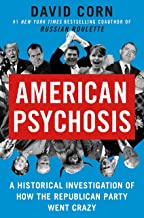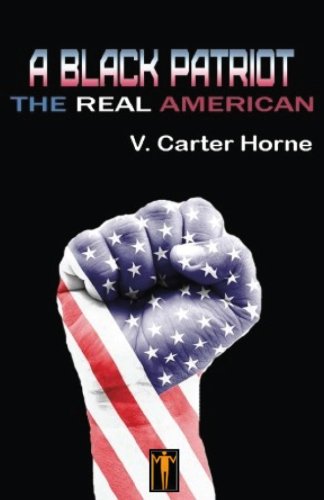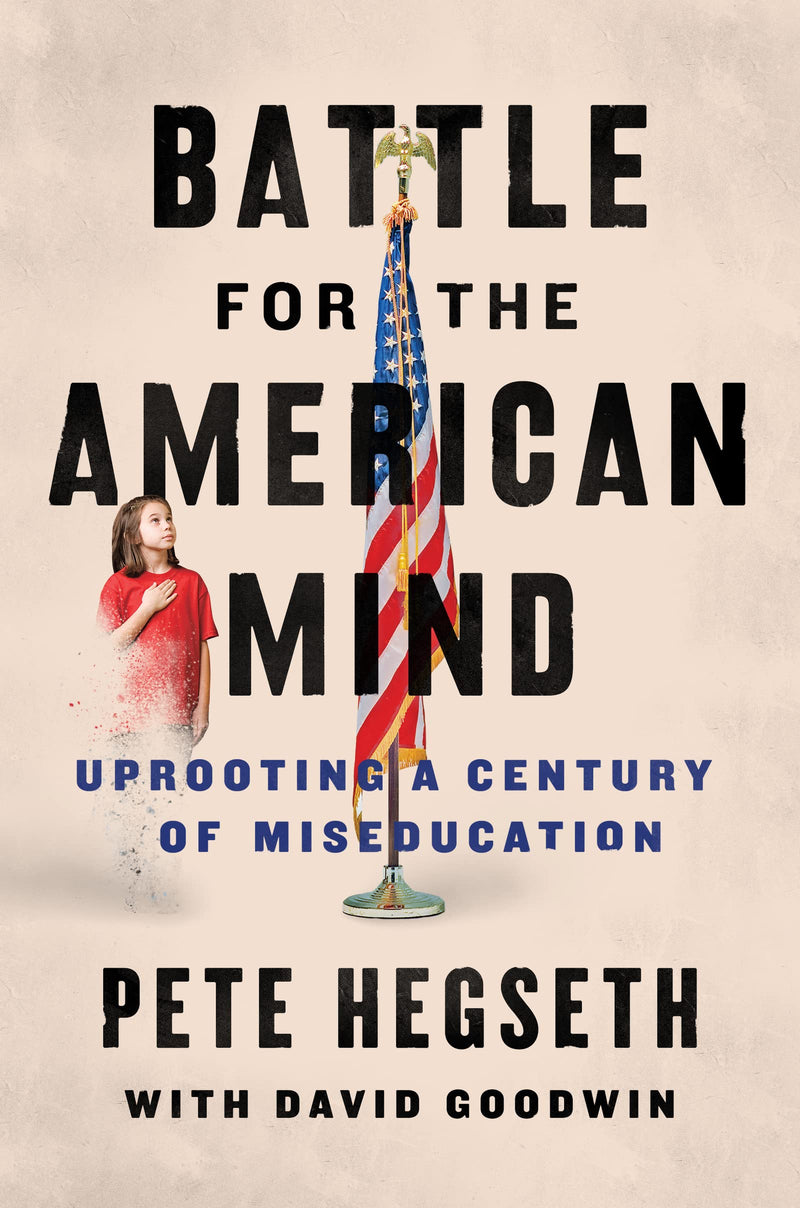Casimir Pulaski: The Life and Legacy of the Polish Commander Who Became the Father of the American Cavalry during the Revolutionary War
ISBN: 9781986668804
*Includes pictures
*Includes contemporary accounts
*Includes online resources and a bibliography for further reading
"I came here, where freedom is being defended, to serve it, and to live or die for it." - Pulaski
Many Americans labor under the misconception that the nation’s colonial and national heritage was almost wholly accomplished by an English migration, and the notion of early American diversity ends at an acknowledgment of the slave trade conducted between Southern buyers, Northern shippers, the African continent and the Caribbean region. However, early America witnessed the development of New York by the Dutch, the southernmost regions by Spain, and what would become eastern Canada by the French after lengthy battles with Britain. In fact, the Seven Years’ War during the 1750s was fought on a nearly global scale between several European belligerents.
As a result, when the Revolution began, the Continental Army sported numerous volunteers from Ireland, Scotland, virtually every European nation between France and Russia, and men from the northern and southern borders of the European continent. There are good reasons America doesn’t possess a constitutionally-confirmed national language, despite an English-speaking majority; among the early proposals for such a common language, German and French served as contenders, with the latter going on to become Western Europe’s official diplomatic language. Likewise, those who accomplished the legislative, diplomatic, and military miracles that helped 13 separate colonies hold off the greatest power in the world represented a multi-national heritage.













